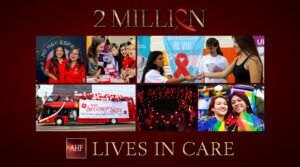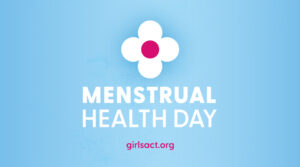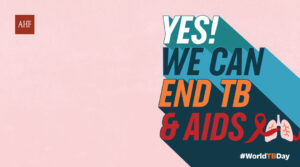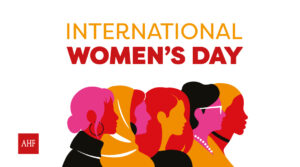Sexuality is an integral part of human life, which is why 25 years ago, in 1997, a group of specialists on the subject, members of the World Association for Sexual Health (WAS), drafted what is now known as the Declaration of Sexual Rights.
This list of 16 rights, although it has not been approved by the governments of the world, has served as a framework to promote adequate sexual health throughout the life of all people.
And to give greater impetus to the issue of sexuality as an important element of health and well-being, the WAS promoted, as of 2010, the celebration of World Sexual Health Day, on September 4 of each year.
To achieve sexual health, it is necessary to promote the conversation about sex, pleasure and self-care. The latter is a fundamental concept to live a full and healthy sexuality. And it not only refers to having protection against sexually transmitted infections (STIs), such as HIV, within reach, but also to being able to exercise freely, without pressure and without discrimination, each person’s sexuality.
Infections that threaten sexual life
Talking openly about pleasure and self-care will make it easier to prevent STIs, which remain a worrying problem. According to the World Health Organization (WHO), one million sexual infections occur daily worldwide, while Onusida registers more than 4,000 new cases of HIV per day, most of which could have been prevented with condom use.
This means that in 2020 there were some 374 million new cases of the main STIs, that is:
- Trichomoniasis: 156 million
- Chlamydia: 129 million
- Gonorrhea: 82 million
- Syphilis: 7.1 million
All these STIs, by themselves, are a biological factor that increases the risk of acquiring HIV.
And although syphilis is not the most frequent of the STIs, it can have serious consequences, especially when it is transmitted during pregnancy, since it can even be fatal. According to data from the Pan American Health Organization, 4.6 million people live with syphilis in the Americas region. In addition, in 2020, more than 29 thousand cases of syphilis in newborns were registered, and preliminary figures for 2021 indicate that there were more than 30 thousand cases.
Despite these figures, only 59% of pregnant women in Latin America were tested for syphilis in 2020.
Other preventable STIs, in this case through a vaccine, are the human papilloma virus (HPV) and the hepatitis B virus. Even so, the WHO reports that 300 million women have HPV (the main cause of cervical cancer), while about 296 million people live with hepatitis B.
In defense of pleasure
To reduce these figures and guarantee sexual health, it is necessary to promote education, self-care and sexual pleasure, elements that should be included in the laws and guaranteed by the governments of all countries.
The definition of sexual pleasure should be extended to understand it as the satisfaction and enjoyment, both physical and psychological, derived from shared or solitary erotic experiences, including thoughts, fantasies, dreams, emotions and feelings.
“Only through conscious self-care practices will we improve the sexual health of communities. And the above will be achieved if we empower them through comprehensive sexual education that recognizes the right to pleasure and self-determination,” said Miriam Ruiz, director of Prevention and Rapid Testing for AHF Latin America and the Caribbean, on the eve of the celebration of the World Sexual Health Day.
The 16 sexual rights
To defend sexual rights, you have to know them. The 16 guarantees defined by the WAS are:
- The right to equality and non-discrimination
- The right to life, liberty and security of the person
- The right to autonomy and bodily integrity
- The right to a life free from torture, cruel, inhuman or degrading treatment or punishment
- The right to a life free from all forms of violence and coercion
- The right to privacy
- The right to the highest attainable degree of health, including sexual health that includes pleasurable, satisfying and safe sexual experiences
- The right to enjoy scientific advances and the benefits resulting from them
- The right to information
- The right to education and the right to comprehensive sexuality education
- The right to contract, form or dissolve marriage and other similar forms of relationships based on equity and full and free consent
- The right to decide to have children, the number and spacing of them, and to have access to information and the means to achieve it
- The right to freedom of thought, opinion and expression
- The right to free association and peaceful assembly
- The right to participate in public and political life
- The right to access to justice and to retribution and compensation
To learn more about each of these rights, you can go to this site.
Remember that at AHF Latin America and the Caribbean we are part of the WAS, which is why we are committed to celebrating World Sexual Health Day and offer you quality health services for the prevention of HIV and other STIs throughout the year. . Come to our offices closest to you, we are in 11 countries in the region.






